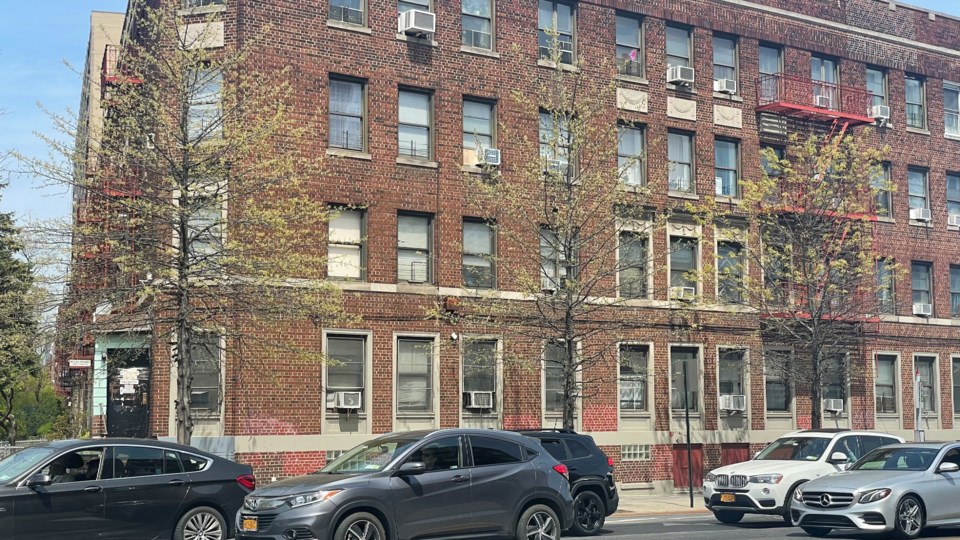New York City's rental landscape is set to change with the introduction of the Fairness in Apartment Rental Expenses (FARE) Act on June 11, which will likely lower the upfront costs for renters by thousands of dollars, according to StreetEasy.
The law shifts responsibility for paying broker fees to the party that hires the agent and mandates that any fees be disclosed in listings and agreements. This aims to reduce confusion and improve transparency for renters navigating the city’s notoriously expensive market.
The impact on upfront rental costs will be significant, according to an analysis released on Wednesday from StreetEasy. Currently, renters in brokered transactions face an average upfront payment of $12,942, roughly 17% of the city’s median household income. Once the FARE Act takes effect, that amount is projected to drop by nearly 42% to $7,537 for rentals that previously required a broker fee. While property managers can still charge additional fees, the law ensures these must be clearly listed before lease signing.
Concerns that landlords will raise rents to offset lost broker fees appear to be overstated, the real estate company said. Early data shows that rent growth for properties that have already eliminated broker fees aligns closely with broader market trends. In April, these no-fee units posted a 5.3% annual increase in asking rent, only slightly above the 4.6% increase seen in rentals where broker fees remained. This suggests many property managers are choosing to absorb the extra cost of in-house leasing or agent commissions rather than pass it on to tenants.
Although no-fee listings are often more expensive, the difference is small, StreetEasy said. In 2024, these units were just 4.2% pricier than comparable rentals with broker fees, far below the 12–15% brokers typically charge. Market conditions continue to play a bigger role in determining rent than management costs.
Rental brokers will remain key players in the leasing process. From January through April, over half of all no-fee listings were still represented by agents. This mirrors trends seen during the pandemic, when even without charging tenants directly, many property managers relied on brokers to handle marketing and showings, the analysis showed.
Under the upcoming broker fee changes in New York City, renters can expect substantially lower upfront costs, with average savings of $5,405 or nearly 42% on apartments that currently charge a broker fee. While some fear landlords may hike rents to compensate, data shows otherwise: properties that transitioned to no-fee listings ahead of the rule change raised rents by just 5.3%, only 0.7 percentage points above broader market trends.
Much of the broker fee burden is expected to shift to property managers, as seen in 2021 when 75.8% of rentals were no-fee and many landlords absorbed the cost entirely, driving the typical premium on no-fee apartments into negative territory. Despite the shift, rental brokers are unlikely to disappear from the scene, 56.9% of no-fee listings from January to April 2024 were still represented by agents, highlighting the ongoing value they provide to property managers.
Ultimately, the FARE Act promises a more transparent and accessible market for renters without eliminating the role of brokers. It will also help unlock housing options for renters previously deterred by high upfront costs, the report said.




